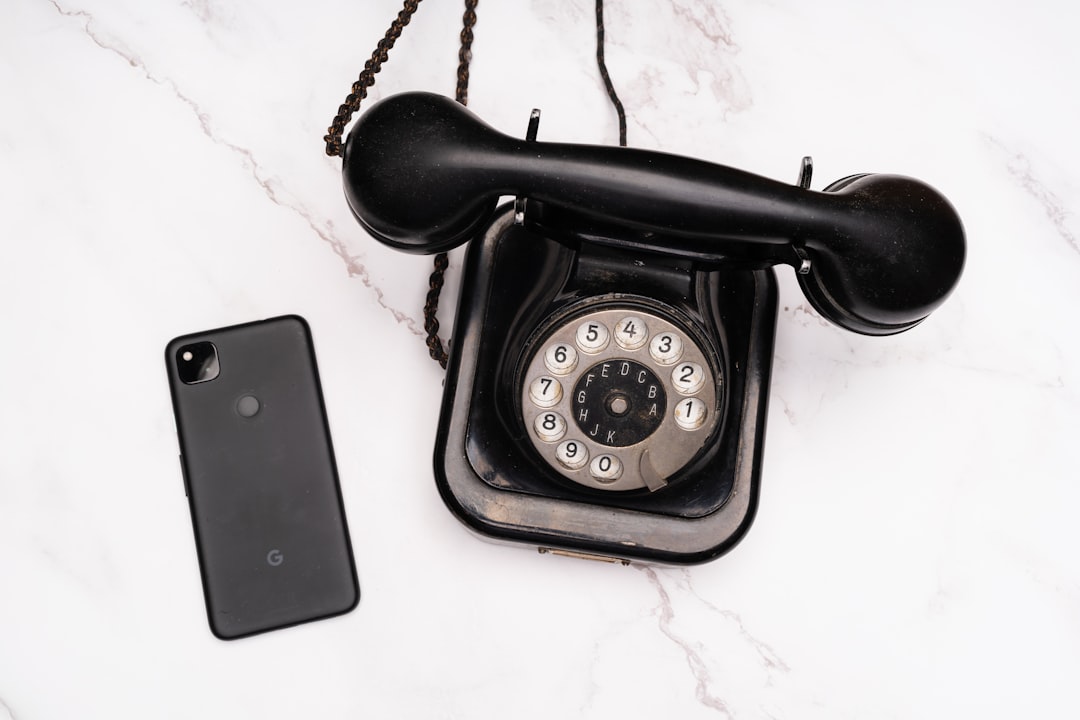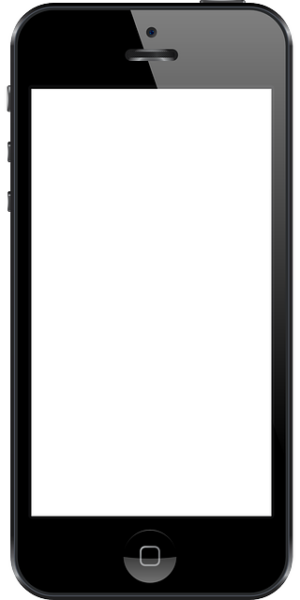VoIP systems offer flexibility and cost savings for home-based businesses in Minnesota, but they require robust security to protect data and comply with state's stringent spam call laws enforced by the Attorney General. Common threats include unauthorized access, eavesdropping, and data breaches, which can be mitigated through strong authentication, encryption, regular updates, and employee education. By implementing these strategies, home-based businesses can create a secure environment for their VoIP systems while avoiding legal pitfalls associated with spam calls. Effective communication management using secure VoIP setups has proven successful in reducing spam calls for Minnesota-based law firms, serving as a valuable guide for home-based businesses considering similar solutions.
“The Zimmerman Workshop explores the crucial topic of securing VoIP systems for home-based businesses, particularly law firms operating in Minnesota. With the rise of remote work, understanding VoIP security is essential to protect sensitive data. This article delves into the impact of Minnesota’s stringent spam call laws on businesses and highlights how secure VoIP can mitigate risks. We’ll explore best practices, real-world case studies, and benefits tailored for law firms, offering a comprehensive guide to navigating this digital landscape.”
Understanding VoIP Security for Home Offices

VoIP (Voice over Internet Protocol) systems have revolutionized communication for home-based businesses, offering flexibility and cost-effectiveness. However, securing these systems is crucial to protect sensitive information and ensure compliance with regulations like the Spam Call Law firms Minnesota enforce. Home offices often present unique security challenges due to their less formal settings and potential vulnerabilities in home networks.
Understanding VoIP security involves recognizing common threats such as unauthorized access, eavesdropping, and data breaches. Implement strong authentication protocols, encryption for voice and data transmission, and regular updates to mitigate these risks. Additionally, educating employees about safe practices, like using secure passwords and being wary of suspicious calls or emails, is essential in creating a robust security framework for your VoIP system.
Minnesota's Spam Call Laws and Their Impact on Businesses

Minnesota’s stringent Spam Call Laws are designed to protect residents from unwanted and nuisance calls, but they also have a significant impact on home-based businesses utilizing Voice over Internet Protocol (VoIP) systems for their communications. These laws, enforced by the Minnesota Attorney General’s Office, restrict the types of calls that can be made using automated dialing equipment and require clear consent from recipients. For VoIP users, this means implementing robust opt-out mechanisms and careful monitoring to ensure compliance.
Businesses must stay informed about these regulations, as violations can result in substantial fines. By adhering to the spam call law firms Minnesota residents appreciate, home-based businesses can maintain a professional image while avoiding legal pitfalls. Effective communication practices, combined with a deep understanding of these laws, are key to ensuring successful and compliant VoIP operations.
Benefits of Secure VoIP for Law Firms

Secure Voice over Internet Protocol (VoIP) systems offer several advantages for law firms operating from home or remote locations. One of the key benefits is enhanced privacy and security, which is essential in legal practices where sensitive client information needs to be protected. Traditional telephone lines are more vulnerable to interception and unauthorized access, but with a secure VoIP setup, communications can be encrypted, ensuring that confidential conversations remain private.
Additionally, law firms can significantly reduce costs by adopting VoIP technology. Unlike landline services, which often come with substantial monthly fees, VoIP allows for cost-effective communication through the internet, eliminating long-distance charges and providing better value for money. Moreover, many VoIP providers offer features like call forwarding, voicemail integration, and advanced call routing, all of which contribute to a more efficient workflow without the need for extensive phone system hardware. This is especially beneficial for small law firms in Minnesota looking to combat spam calls and establish a robust yet affordable communication infrastructure.
Implementing Best Practices for Safe VoIP Systems

Implementing best practices is paramount for setting up secure VoIP systems, especially for home-based businesses aiming to protect their privacy and comply with regulations like the spam call law firms Minnesota enforces. Start by enabling robust authentication mechanisms to verify user identities and prevent unauthorized access. Use strong, unique passwords and consider two-factor authentication for an extra layer of security.
Regularly update your VoIP software to patch known vulnerabilities. Implement firewall rules to restrict unauthorized access to your network and ensure only necessary ports are open. Employ encryption protocols like SRTP (Secure Real-time Transport Protocol) to secure data transmission over the internet, preventing eavesdropping and ensuring calls remain confidential.
Case Studies: Successful Secure VoIP Setups in Law Firms

In the competitive legal landscape, effectively managing communication channels is paramount for law firms to thrive. Case studies of successful secure VoIP setups in Minnesota-based law firms highlight the transformative power of Voice over Internet Protocol (VoIP) technology. By implementing robust VoIP systems, these forward-thinking practices have not only enhanced internal communications but also significantly reduced the burden of spam calls, a persistent challenge in the industry.
Through strategic configuration and advanced security measures, law firm professionals have ensured that their VoIP networks are resilient against external threats. This includes employing encryption protocols, access control lists, and regular software updates to safeguard sensitive client information. These best practices serve as a blueprint for home-based businesses considering similar setups, emphasizing the importance of prioritizing security in the digital age, especially when dealing with confidential data and mitigating unwanted calls.






